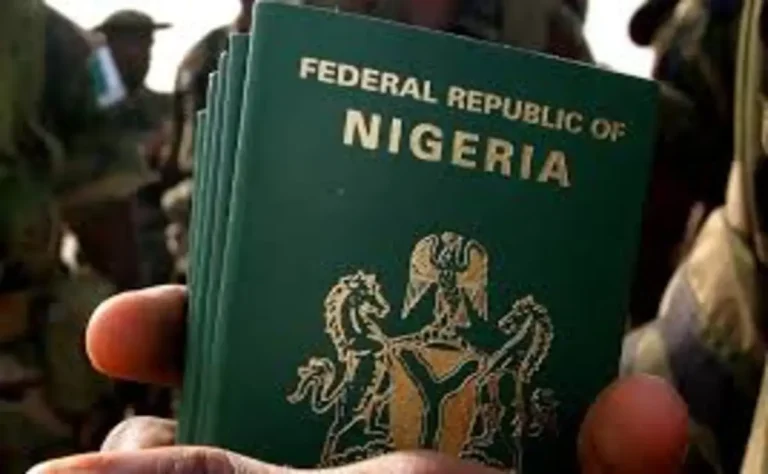
Tinubu emphasizes indigenous arms production as central to Nigeria’s national security strategy.
Related:Tinubu Departs Japan for Brazil State Visit Starting August 24
Shettima said strong institutions form the backbone of any stable society, providing resilience against instability and safeguarding the rule of law.
Tinubu stated that his administration had made institutional strengthening a national priority to ensure effective governance and policy delivery.
Indigenous arms production central to defence goals
The President explained that boosting indigenous arms production would reduce reliance on foreign suppliers and reinforce operational independence for Nigeria’s Armed Forces.
He said the initiative was aimed at advancing research, industrial growth, and technology to secure the nation against growing threats.
Shettima emphasized that institutions capable of supporting national security are indispensable to sustainable development and conflict management.
Institutional strengthening linked to security
Tinubu highlighted that institutional resilience ensures accountability, promotes stability, and delivers services that serve the common good.
He referenced the Presidential Treatise on Harnessing Indigenous Manufacturing for Enhanced National Security and Development by 2040 as a blueprint for strengthening local defence capacity.
The President confirmed that relevant stakeholders had been directed to study and apply the strategic options outlined in the document.
Defence College infrastructure expansion
Tinubu reaffirmed his administration’s plan to complete the permanent site of the Nigeria Defence College in Piwoyi, Abuja.
He said the institution was expected to evolve into a Defence Postgraduate University once fully equipped with modern facilities.
He also directed the Commandant to work with the Ministry of Defence to upgrade facilities and align training with national security priorities.
Economic stability tied to security
The President linked security reforms to Nigeria’s economic trajectory, citing renewed investor confidence and a 48 percent year-on-year stock market growth.
He acknowledged challenges such as inflation and food insecurity, stressing that shared prosperity requires both security and stable institutions.
Preparing graduates for complex realities
Tinubu urged the Course 33 graduands to apply their strategic training to address global challenges including cyber threats, regional instability, and economic disruptions.
He said the graduates were equipped with skills to lead with vision and courage in uncertain environments.
Global and regional context
The President noted that several countries have adopted policies to expand local arms production, including initiatives in domestic defence manufacturing and policies strengthening regional industrial bases.
He stressed that such measures not only secure national independence but also foster technological innovation and create economic opportunities.
Rear Admiral J.O. Okosu, Commandant of the Defence College, said the graduands were equipped to confront pressing national threats including banditry and oil theft.
Deputy Commandant Major General Kevin Ukandu added that training in defence management, geopolitics, and strategy formulation prepared participants for complex realities.
Strengthening defence cooperation
Tinubu reaffirmed Nigeria’s commitment to regional collaboration, noting that the Defence College trains officers from several allied nations.
He said the government would continue to support partnerships that reinforce regional and global peace initiatives.
Also Read: Tinubu Departs Japan for Brazil State Visit Starting August 24
The President concluded that Course 33 graduands must deploy their expertise to strengthen both Nigeria and their respective countries in an increasingly volatile world.



